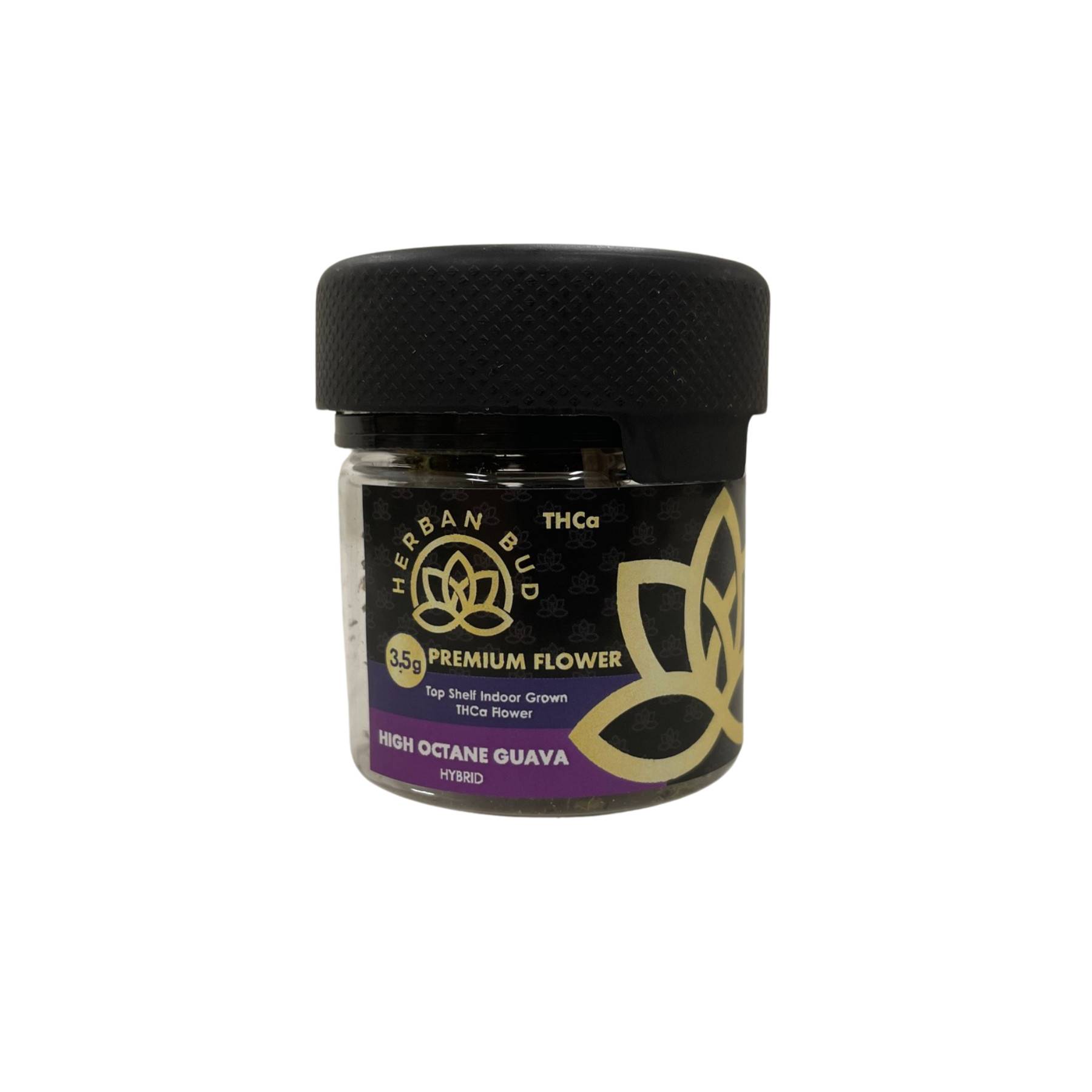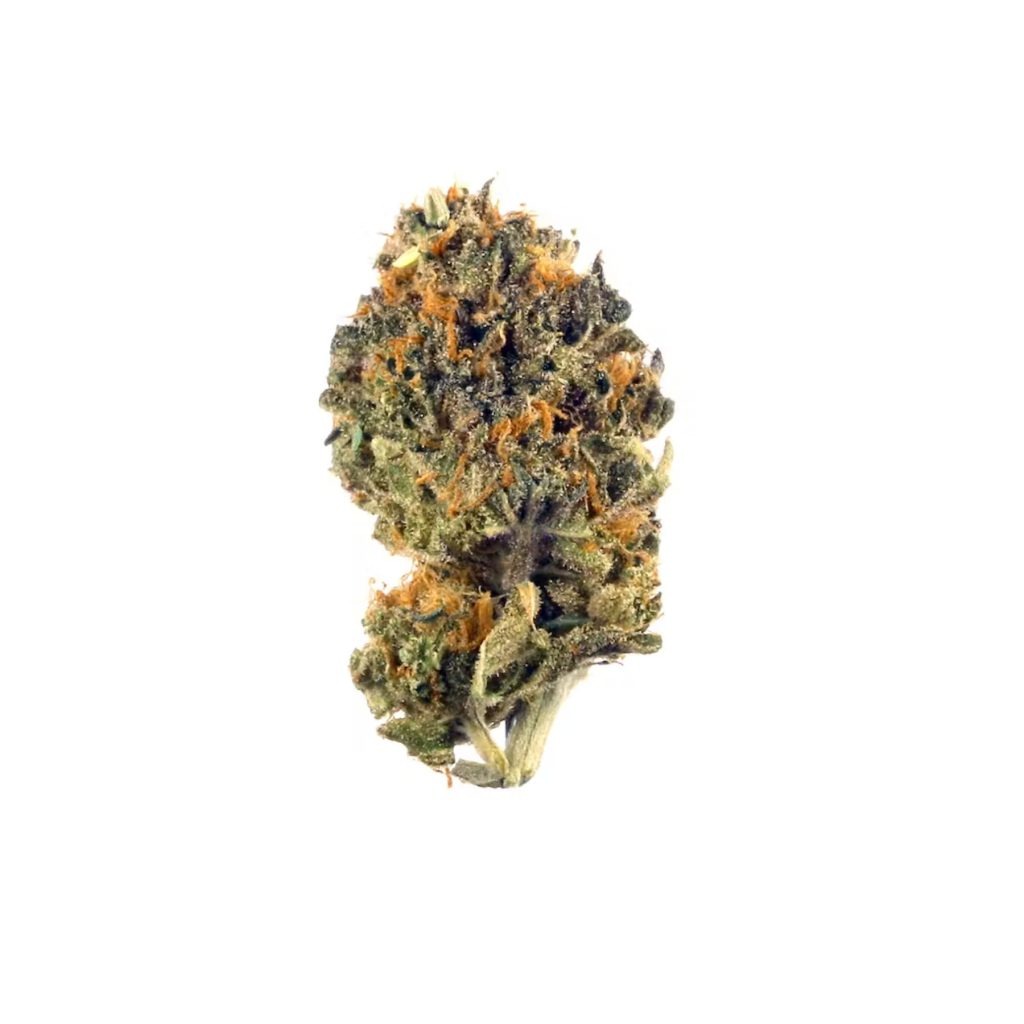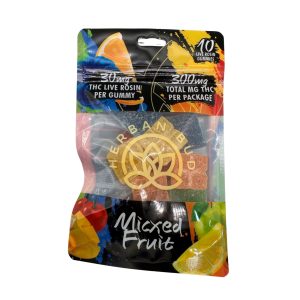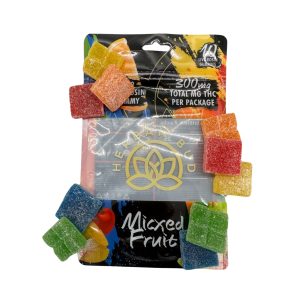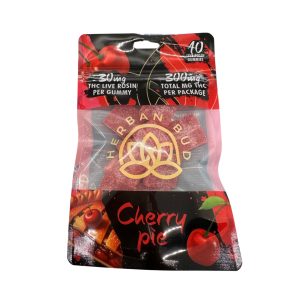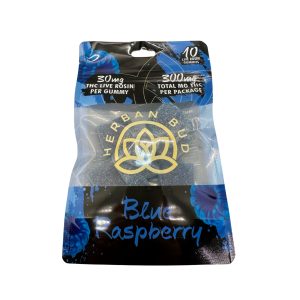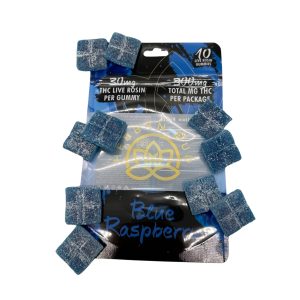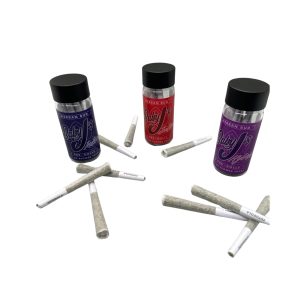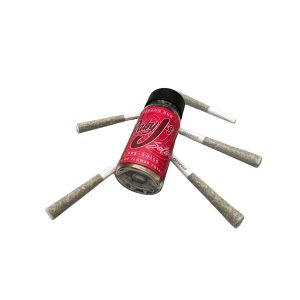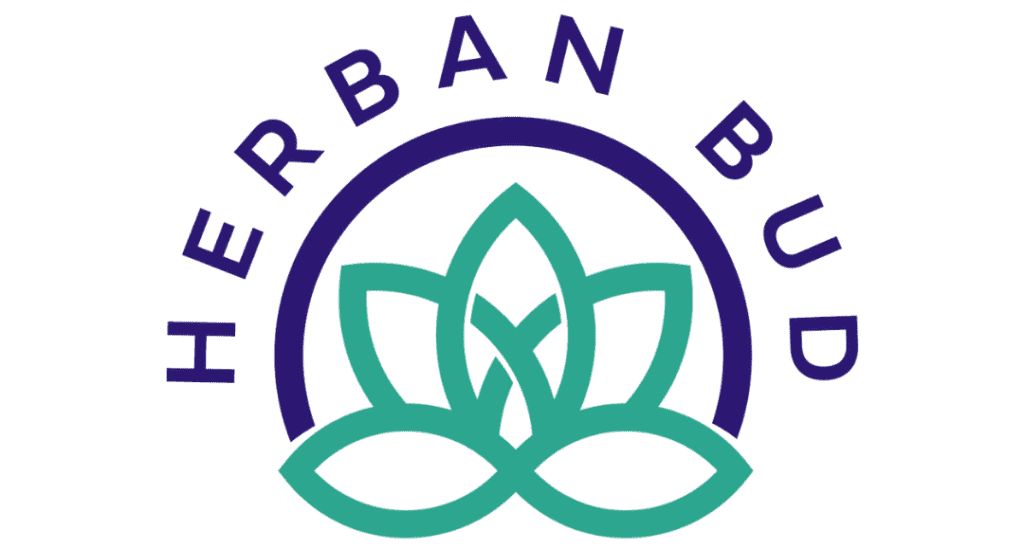Table of Contents:
- Understanding THCa and its Potential
- THCa and Anxiety: An Intricate Connection
- Exploring the Potential Benefits of THCa for Anxiety
- Choosing High-Quality THCa Products
- Finding Relief: Using THCa for Anxiety
Understanding THCa and its Potential
THCa, or Tetrahydrocannabinolic Acid, is a non-psychoactive cannabinoid found in raw cannabis plants. It is the acidic precursor to THC, the well-known psychoactive compound in cannabis. While THCa doesn’t produce intoxicating effects, it offers potential therapeutic benefits. Research suggests that THCa may possess anti-inflammatory, neuroprotective, and antiemetic properties. These properties make THCa an intriguing option for exploring its potential benefits in managing anxiety.
THCa interacts with the body’s endocannabinoid system (ECS), which plays a crucial role in regulating various physiological processes, including mood, stress response, and anxiety levels. The ECS consists of cannabinoid receptors (CB1 and CB2) and endocannabinoids produced naturally in the body. THCa may influence the ECS by interacting with cannabinoid receptors, particularly CB1 receptors, which are abundant in the central nervous system. Activation of these receptors may modulate neurotransmitter release and help restore balance in the brain, potentially leading to a reduction in anxiety symptoms.
THCa and Anxiety: An Intricate Connection
Anxiety is a prevalent condition that affects many individuals, and finding effective ways to manage its symptoms is crucial. While research specifically on THCa and anxiety is limited, studies on other cannabinoids, such as THC and CBD, provide valuable insights. THC, the decarboxylated form of THCa, is known to have mixed effects on anxiety. Some individuals may find relief from anxiety symptoms with THC, while others may experience heightened anxiety or paranoia.
THCa, however, does not produce the same psychoactive effects as THC due to its acidic form. This difference suggests that THCa may offer potential benefits for anxiety without the intoxicating properties associated with THC. Some preliminary research suggests that THCa may possess anxiolytic (anti-anxiety) properties, potentially influencing anxiety-related neurotransmitters and receptors in the brain. However, further studies are needed to fully understand the specific mechanisms and benefits of THCa for anxiety.
Exploring the Potential Benefits of THCa for Anxiety
While research on THCa’s direct effects on anxiety is limited, its interaction with the endocannabinoid system suggests potential benefits for anxiety management. The endocannabinoid system plays a crucial role in regulating various physiological processes, including mood, stress response, and anxiety levels.
In addition to its potential interactions with the endocannabinoid system, THCa may offer other therapeutic properties that could be beneficial for anxiety management. For example, THCa has been shown to possess anti-inflammatory properties. Inflammation has been linked to increased anxiety levels, and by reducing inflammation in the brain and body, THCa might indirectly contribute to alleviating anxiety symptoms.
Furthermore, THCa’s potential neuroprotective properties may play a role in anxiety management. Chronic anxiety has been associated with structural and functional changes in the brain. Neuroprotection may help maintain brain health and functioning, potentially mitigating anxiety symptoms and promoting overall well-being.
While more research is needed to fully understand the specific mechanisms and benefits of THCa for anxiety, its unique properties make it an intriguing avenue for exploration. As scientific understanding of THCa advances, it may provide additional insights into its potential therapeutic effects on anxiety.
Choosing High-Quality THCa Products
When considering THCa for anxiety management, it is crucial to prioritize the selection of high-quality THCa products.
Ensuring that you choose reputable sources and products that undergo rigorous testing and quality control measures is essential for safety and effectiveness.
1. Source and Cultivation Practices: Look for THCa products sourced from reputable cultivators who follow ethical and sustainable cultivation practices. Organic and pesticide-free cultivation methods can contribute to a higher quality product.
2. Extraction Methods: Consider THCa products that use clean and efficient extraction methods. CO2 extraction and cold-press methods are often preferred for preserving the integrity of the cannabinoids and minimizing the presence of unwanted substances.
3. Third-Party Testing: Look for THCa products that have undergone comprehensive third-party testing. These tests should verify the potency, purity, and absence of contaminants in the product. Certificates of analysis (COAs) should be readily available and transparently accessible.
4. Product Variety: Choose from a range of THCa products that suit your preferences and needs. Whether it’s tinctures, capsules, edibles, or topicals, selecting a product format that aligns with your desired method of consumption can enhance your overall experience.
By prioritizing high-quality THCa products, you can have confidence in the safety and effectiveness of the product you choose to incorporate into your anxiety management routine.
Finding Relief: Using THCa for Anxiety
When incorporating THCa into your anxiety management routine, it’s important to approach it as part of a holistic approach to wellness. Here are some considerations and potential benefits of using THCa for anxiety relief:
1. Personalized Dosage: As with any cannabinoid, finding the optimal dosage of THCa for anxiety may require some experimentation. It’s recommended to start with a low dosage and gradually increase until you achieve the desired effects. Consulting with a healthcare professional experienced in cannabinoid therapy can provide valuable guidance in determining the appropriate dosage for your specific needs.
2. Combination with Other Therapies: THCa can be used alongside other anxiety management strategies, such as therapy, mindfulness techniques, and lifestyle modifications. Integrating THCa into a comprehensive approach may provide additional support in reducing anxiety symptoms and promoting overall well-being.
3. Potential Benefits: THCa’s unique properties, such as its potential anti-inflammatory and neuroprotective effects, make it an intriguing option for anxiety management. By modulating the endocannabinoid system and potentially reducing inflammation, THCa may contribute to a more balanced state, potentially alleviating anxiety symptoms.
4. Individual Responses: It’s important to recognize that everyone’s response to THCa can vary. Factors such as individual biochemistry, genetic predispositions, and the presence of other underlying conditions can influence how THCa affects anxiety symptoms. Monitoring your personal response and adjusting your usage accordingly is key to finding the most beneficial approach for your unique circumstances.
Remember, incorporating THCa into your anxiety management routine should be done under the guidance of a healthcare professional experienced in cannabinoid therapy. They can provide personalized advice based on your specific needs, medical history, and any potential interactions with other medications or treatments you may be undergoing.



